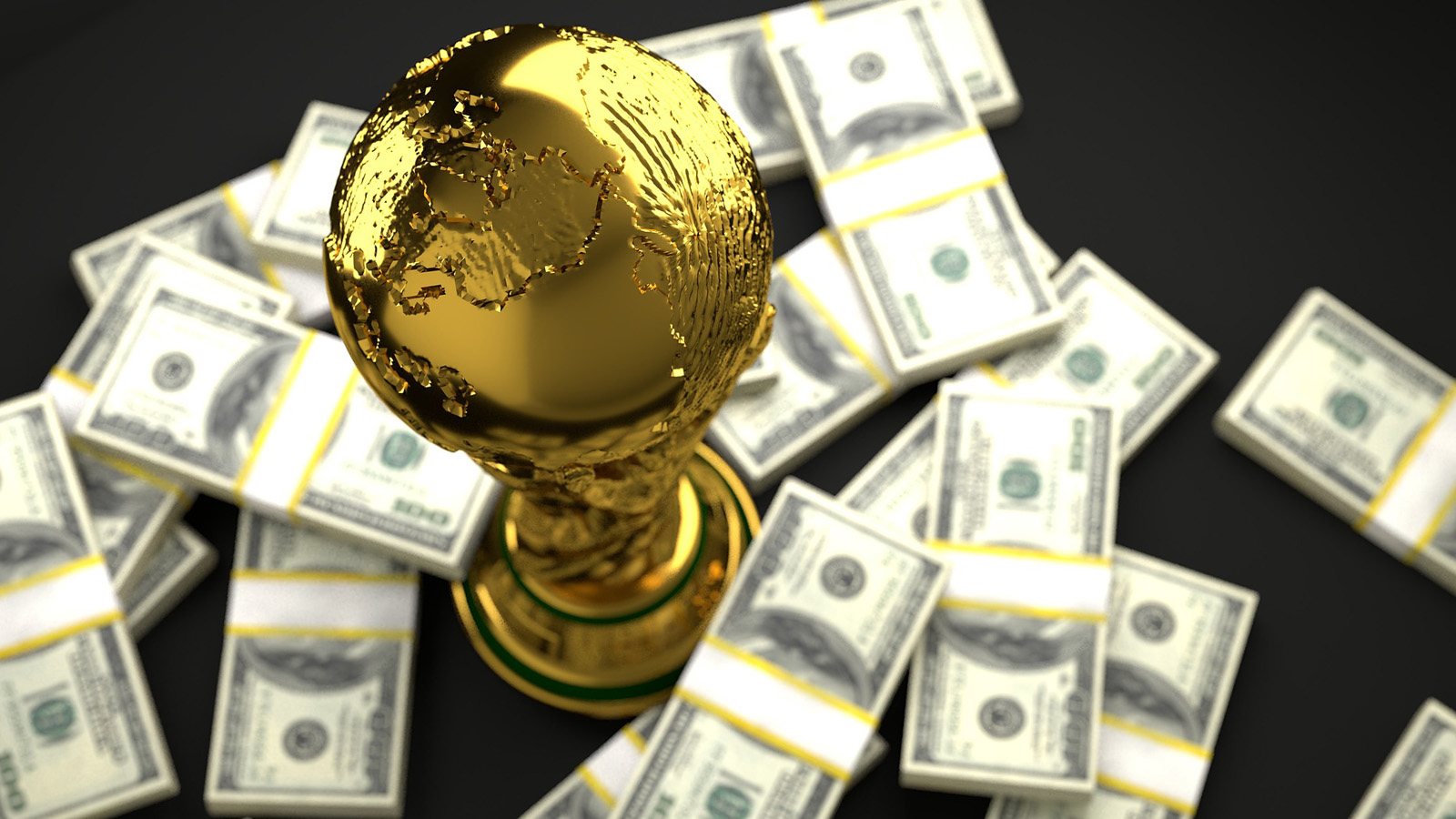
Football, being a multibillion-dollar industry, has been plagued by corruption and scandal throughout its history. Football corruption is a difficult issue that requires a varied approach to combat, ranging from match-fixing to bribes.
Match-fixing is one of the most common types of football corruption. It entails influencing the outcome of a game for monetary advantage. This can be accomplished in a variety of methods, including paying players or officials to perform poorly, creating blunders on purpose, or even hurting opposing players. Match-fixing affects the game’s integrity and erodes spectators’ belief in the sport.
The “Calciopoli” scandal rocked the Italian football league in 2006. According to the study, several prominent teams, including Juventus, AC Milan, and Fiorentina, were implicated in match-fixing. Juventus lost two league titles and was relegated to Serie B, while several high-ranking officials and referees were arrested and sentenced to prison.
Bribery is another kind of football corruption. This happens when people offer money or presents to officials or players in return for favorable results. Bribery can happen at any level of the football game, from amateur to professional. It is difficult to detect and frequently goes unnoticed.
Several high-ranking FIFA officials were arrested on corruption charges in 2015. The investigation uncovered a widespread bribery and kickback culture throughout the business. The scandal resulted in FIFA’s president, Sepp Blatter, resigning and a dramatic revamp of the organization’s leadership structure.
One of the most serious consequences of football corruption is its impact on the sport’s followers. When there is widespread corruption in football, spectators lose faith in the game’s fairness and credibility. This can lead to a drop in attendance and viewership, threatening the sport’s financial survival.
There are numerous measures that can be implemented to tackle football corruption. First and foremost, greater transparency and responsibility are required within the sport. Better regulation and oversight, as well as the implementation of anti-corruption policies and protocols, can help to achieve this.
To investigate and prosecute corrupt individuals, law enforcement agencies and football organizations must work together more closely. This involves stronger sanctions, such as lifetime bans from the sport, for anyone found guilty of corruption.
One of the difficulties in dealing with football corruption is the complicated web of actors involved. Players, coaches, referees, team officials, agents, and even national football bodies can all be involved in corruption. Corruption is sometimes difficult to identify and punish, especially when it crosses international borders.
Increasing the use of technology in football is one method of combating corruption. This can involve using video assistant referees (VAR) to examine contentious decisions made on the pitch, as well as implementing blockchain technology to promote transparency and accountability in player transfers and contract talks. The use of technology in sports can assist limit the possibility of human error and manipulation.
Education and awareness-raising are also key aspects of battling football corruption. Players, coaches, officials, and spectators must grasp the consequences of corruption and be empowered to speak out against it. This can involve training on ethical decision-making as well as reporting methods that allow individuals to denounce corruption anonymously.
Football organisations must also play a role in fighting against corruption. This entails doing thorough background checks and due diligence on players and officials, as well as offering anti-corruption training and support to employees. Organisations should also set explicit standards of behaviour and penalties for individuals proven to be corrupt.
The International Centre for Sports Security (ICSS) is one example of a football corruption-fighting organisation. The ICSS is a non-profit organisation dedicated to promoting sports integrity and combating sports corruption. They offer sports organisations and governments training, research, and consulting services to help them uncover and eliminate corruption in sports.
In recent years, there have been some high-profile examples of football corruption. The governing organisation of football, the Fédération Internationale de Football Association (FIFA), was embroiled in a large corruption scandal in 2015, which ended in the indictment and conviction of several high-ranking executives. The controversy includes charges of bribery, fraud, and money laundering in connection with the awarding of World Cup and other football event hosting rights.
Another case in point is former UEFA president Michel Platini, who was banned from football for four years in 2016 after receiving a “disloyal payment” of €1.8 million from FIFA. The payment was made in 2011 for services he conducted for FIFA between 1998 and 2002. Platini denied any misconduct, but the episode tarnished his football legacy.
Fighting against football corruption needs a long-term and consistent commitment. To enhance integrity and transparency in sport, all stakeholders must commit to working together, sharing information, and taking action. We can help ensure that football remains a fair and entertaining sport for everybody, and that supporters may continue to enjoy the game they love without fear of corruption by doing so.
Comments